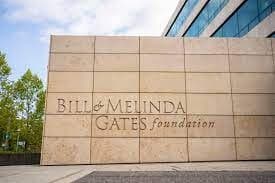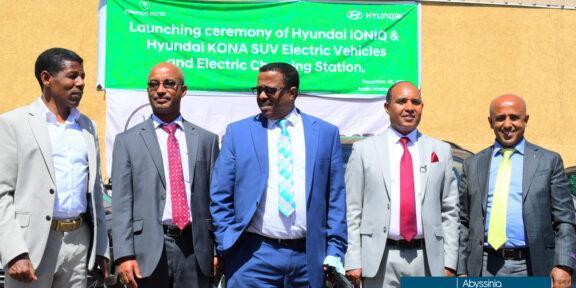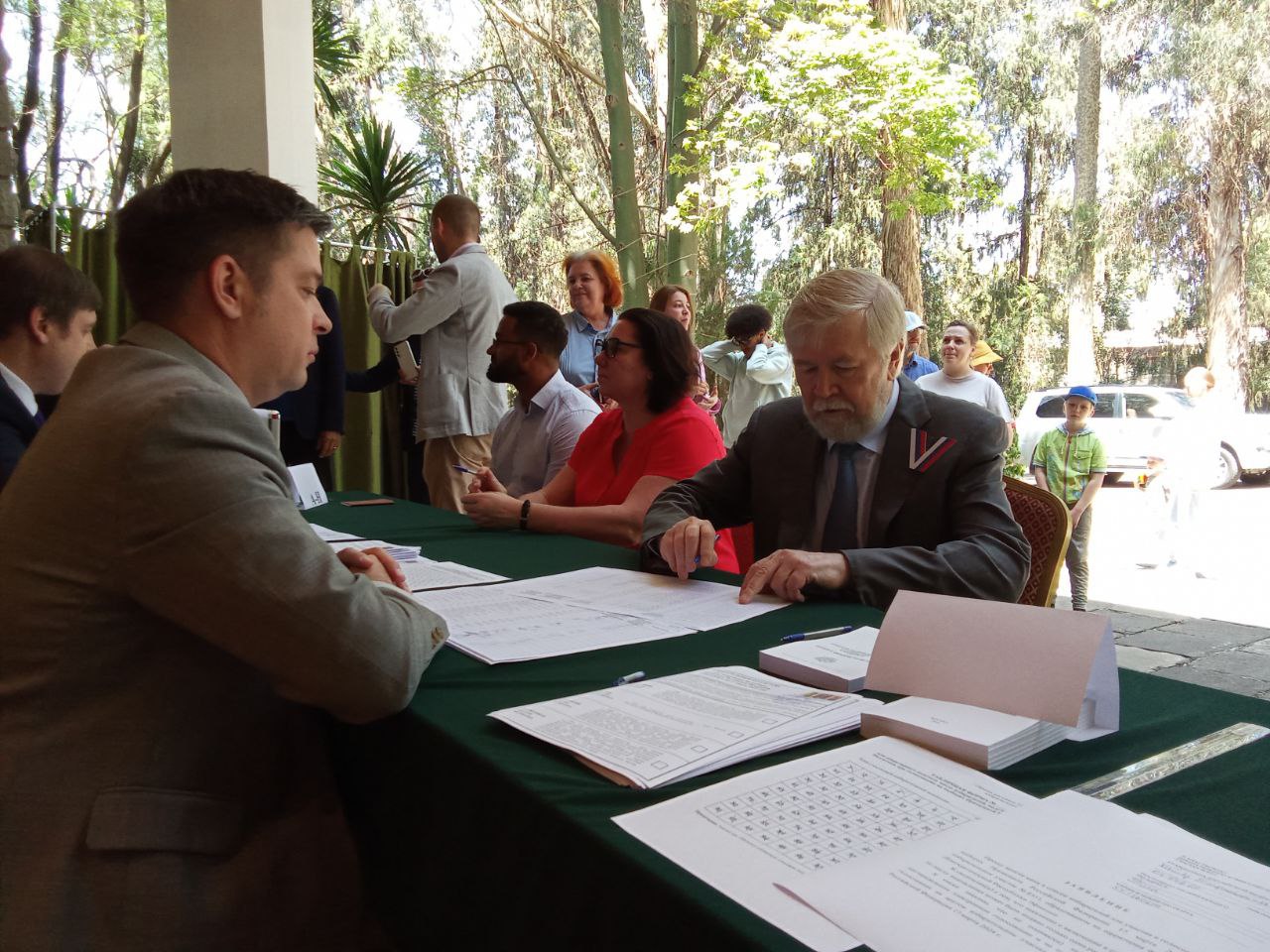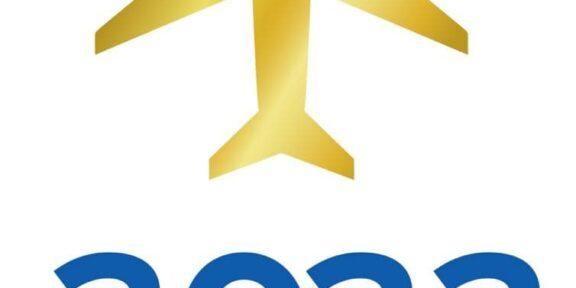Interest in cities around the world is on the rise, in large part, because more and more people are living in cities in both developed and less developed countries. The rapid increase in the urban population has put pressure on local governments to provide a range of services from water and sewer infrastructure to social services and housing. To meet the rising demands of urbanization, municipalities need adequate revenue tools to pay for services and infrastructure.
Customs revenue collection means that Customs levies duties and taxes on goods permitted to be imported and exported and articles permitted for entry and exit in accordance with the Customs Law a given country, and the import and export tariff schedule. Currently, the Ethiopian tax law provides for direct and indirect taxes.
The direct taxes are divided into five categories: personal income tax, rental tax, withholding tax, business profit tax and other taxes. The main types of indirect taxes applicable are value added tax (VAT), customs duty, excise and turn over taxes.
Customs revenue serves as a crucial source to the national fiscal revenue, especially the fiscal revenue of the central government, a tool for national macro-control and also an important tool to protect and promote the sound development of domestic industries. Ethiopia’s annual budget is heavily dependent on customs and revenue collection that needs to be further strengthened with a view to speed up the nation’s socio-economic development.
The Addis Ababa Customs and Revenue Authority, which is headed by Mulugeta Teffera is one of the units that generate the main revenue for the country at large and the city in particular. Mulugeta is a BA degree holder in Economics and MA in Development Studies, Mulugeta has been serving as the head of the authority for 2 years. Previously, he worked as a lecturer at university level and a representative of the Derashe Nations and Nationalities in the FDRE parliament for 2 terms.
He was also the CEO of the Addis Ababa Automobiles and Drivers’ license control Authority and the head of Labor and Social Affairs Bureau before becoming the head of the Addis Ababa Customs and Revenue bureau. ABN talked to the head about the involvement areas of the authority, its direction, and the way moving forward.
Municipal finance is about the revenue and expenditure decisions of municipal governments. It covers the sources of revenue that are used by municipal governments – taxes (property, income, sales, and excise taxes), user fees, and intergovernmental transfers. It includes ways of financing infrastructure through the use of operating revenues and borrowing as well as charges on developers and public-private partnerships. Municipal finance also addresses issues around expenditures at the local level and the accountability for expenditure and revenue decisions, including the municipal budgetary process and financial management.
Tax administration and collection system has its own proclamation stipulating on how to collect, from whom to collect, and the role of governmental organizations and the community. As per the proclamation, the Addis Ababa Customs and Revenue Bureau has put forward a 10 year roadmap which includes successive 5 year perspective plans. As per the roadmap, in 2014, the Addis Ababa city administration planned to secure a total of 63 billion birr in revenue and customs but after a careful consideration of the city’s macro-economic trends and efficiencies of different governmental organizational, the government further extended the plan to 70 billion birr.
Mulugeta explained that the task of tax and revenue collection is closely related to macro-economic growth and stimulation. As a country’s macro economy becomes stronger the tax collection rate and achievements increase simultaneously. As an instance, he mentioned that in 2012 E.C the bureau planned to collect 37 billion birr, in 2013, an increased plan of 42 billion birr and in the current budget year it planned to collect 48 billion birr from tax collection and other administrational services rendered by governmental organizations. In such efforts, a major shift was observed during last fiscal year where 100% success rate was observed. Prior to that, such figure was not attainable.
Mulugeta further stated that out of 420,000 tax paying businesses, 296,000 of them are level C/ low income tax payers. The Head of the bureau contended that the exact figure of business owners exceeds this number since there are non-tax payers involved in the economic setup of the city. He said that there are a total of less than 1000 businesses with annual revenues of 40 million (high income tax-payers) birr who receive special service provisions.
The second middle level tax-payers with revenue of 5 million and above are served in 4 different branches. The low revenue income institutions have their own several branches to be served as well. The authority has a time period set out for enterprises to declare their incomes from July 1 to October 30 annually. Such service rendering efforts are being aided by technological innovations and improvements from time to time through reforms.
“Once they know of their levied tax, they can pay by going to their nearest commercial bank and get the necessary clearance. In cases of complaints, payers can appeal or even go to the court if their grievances do not get solved properly.”
One of the recent reforms in the customs sector is the introduction of CIG tax. However, in the contemporary world such system is considered as an obsolete one that needs modernization. Digitization of the tax collection system through a newly devised ET tax is being carried out. Through this system, low income tax payers get notified how much tax is levied against them and where they can make their payments without physically going to customs and revenue branch. Once they know of their levied tax, they can pay by going to their nearest commercial bank and get the necessary clearance. In cases of complaints, payers can appeal or even go to the court if their grievances do not get solved properly.
The authority is now in the process of organizing an annual fund raising event where tax payers can help the poor and destitute of Addis Ababa city. Such actions show that the Addis Ababa customs and revenue bureau is not only a cash collector but also an organization that stands for the benefit of the community.
Awareness creation about tax and revenue collection is key as the head of the authority highlighted. The government of Ethiopia cannot be effective in collecting the needed tax without the provision of a robust policy. Macro-economic sectors need to thrive in order to affect those changes. Such policies will create an environment where tax payers can be maintained in the business sector. To do this, several measures are taken by the city administration. Mulugeta stated an instance where 7000 tax payers were given tax clemency in the wake of the COVID-19 pandemic.
In such ways, poorly performing businesses were given a second chance to continue their operations even though the authority had to lose close to 10 billion birr in tax payments. He also mentioned the case where officials of the authority went door to door to congratulate business owners in the city for paying their taxes and fulfilling their national responsibilities. Such amicable relation building efforts create a conducive environment where businesses can become motivated to thrive, increasing the efficiency of the authority in reciprocal.
As it stands, the awareness level of tax payers is not enough. Not only that, professionals in the customs authority possess limited skills and professionalism levels to adequately serve the tax payers. This is a consequence of prior perception and reputation of tax payers in the eyes of tax and customs authority bureaus both in city administration and national levels. Business owners are often perceived as inferior parties that often evade tax. Such tarnished perception often prompts business owners to avoid paying taxes even though they have proper and adequate awareness about the benefits and importance of taxes.
“Changing the mindsets of service providers through capacity building, awareness creation and building the Ethics and integrity of professionals are the key focus areas of the authority. The authority has also commenced a movement entitled ‘Let’s build good Ethics’ with a dedicated department to carry out the task.”
Mulugeta went about to mention that there are 2 channels of creating awareness about taxes. One of them is the establishment of tax awareness creation departments in every branch of the authority. The department carries out periodical trainings and workshops for tax payers. It is also working with Addis Ababa city administration education bureau and Education minister to create awareness about tax for the youth generation. Experts from the authority teach the youth about tax systems through the Addis Ababa education bureau’s radio program. These awareness creation platforms are important since a shift in generational knowledge is necessary to change the old-age perception about tax and its beneficial aspects.
When asked about the professionalism level within the branches of the authority, Mulugeta responded by saying that in the provision of the tax service, it is vital to get a clear picture and understanding of two concepts; service and Ethics. As much as possible the services of Addis Ababa city customs and revenue authority should be effective, easy and accessible. To do this, the working ways, organizational schemes and professional capacity of the authority should excel and maintained at the highest level possible.
To this end, the mentality of the authority should change the mind set of tax collector officials in perceiving the tax payers as their kings. Affecting such changes may not come easy given the trends that have been observed thus far. Hence, changing the mindsets of service providers through capacity building, awareness creation and building the Ethics and integrity of professionals are the key focus areas of the authority. The authority has also commenced a movement entitled ‘Let’s build good Ethics’ with a dedicated department to carry out the task.
The department periodically assesses the wealth, ethics and other aspects of new employees that join the authority. This is used as criteria to judge whether the employees uphold their duties and responsibilities to the levels of required expectations. In cases where employees fail to comply, necessary actions will be taken. Over the past 6 months corrective actions were taken on 118 professionals who failed to deliver with integrity and good ethics.
Regarding the tax payers, the authority has 3 different operations; tax operations, law enforcement and modernization departments. Mulugeta specifically mentioned the task of the law enforcement department which undertakes the task of taking necessary legal actions against tax payers who do not comply to the law and also recognizing other parties who abide by the law in fulfilling their responsibilities.
The authority is operating under the 100+ or “Greater tax for Addis Ababa’s prosperity” motto from 2013 E.C. onwards. The idea was brainstormed among the management team members of the authority to hit more than the 100% target of the annual and monthly plans. The motive was then disseminated to every branch. From the first time the motion commenced, the authority was able to create a competitive ground for each branch and attain a 100+ success rate.
In the first half of 2014 E.C, a 31.5 billion birr tax was collected out of the planned 26.5 with a 118% execution rate. The authority is also increasing the involvement of women in its management structure with 8 of the 16 branch managers being women. In total, women account for 54% of the total employees in the Addis Ababa Customs and Revenue Authority. He also lauded that the team spirit and passion of the organization has been top notch in achieving such extended and ambitious plans.
There have been measures undertaken in the challenging times of the corona pandemic. These include provisions of tax exemptions for pandemic stricken businesses. The head of the authority also mentioned that tax collection and declaration were made difficult since the tax payer was apprehensive to go to branches and fulfill its responsibilities. By taking the necessary COVID-19 protection measures, the authority carried out stock auditing which enabled levying of the appropriate tax. The bureau also made some deductions for institutions that have made contributions to the community in the desperate times of the corona pandemic.
The Addis Ababa customs and revenue authority operates in line with the national macro-economic policy of Ethiopia. Collection of tax plays crucial role in realization of a country’s financial dependency on the revenue generated from its own economy. In cases where this cannot be achieved, a country’s national budget relies on loans and foreign aid. To change such circumstances, rural and urban economic sectors must operate in tandem. Tax collection systems should also be modern, effective and fair, as Mulugeta stressed. To this end, technology based service rendering, elimination of bureaucratic complexities, modernization and reforms of operations should be implemented to better serve the community.
Mulugeta rued the past trend where tax exemptions were made during every election terms to appease citizens. Such systems promoted tax evaders to wait anxiously for every term of election for their taxes to be exempted and this discouraged honest and fair tax payers. In contrary to such measures, the authority implemented a system whereby law abiding tax payers can be promoted with special IDs so that they can be given priorities whenever they visit the offices of the authority branches for services.
The appreciable efforts of the authority are also beset by challenges. A persisting challenge by the part of the authority is increasing the awareness levels of its customers. Customers must have appropriate set of knowledge and understanding when it comes to taxation systems. The second challenge is the distribution of forged receipts and vouchers. The third is limitations in tax declaration on the part of the tax paying community. When it comes to the authority itself, Mulugeta conceded that it has to pay the right attention to modernize its operation and service rendering system. Ethics and theft are critical issues that need to be dealt with, as the head mentioned.
Some of the appreciable opportunities are the recent results recorded. If awareness of tax-payers increase, service rendering on the part of the authority gets better, knowledge base of employees improves, more can be done in collecting the proper amount of taxation. He also added that out of the 10,000 employees required the authority operates with only 6,000 workers. Finance and logistics should also be improved to secure sustainable tax for the city.
The second opportunity is the fact that the tax payer is open if administration bodies eliminate the barriers that prevent effective communication. The third good opportunity is that the tax payer was cooperative in the wake of ravaging war. The management’s leadership skill and organizational stand is also another feature to be appreciated.
“Any complaints can be forwarded through the ‘7075’ customer handling hotline which handles any mistreatment and suggestions forwarded by clients.”
The Ethiopian tax proclamation has room to serve and make exemptions in cases where businesses fail due to bankruptcy, property damage or become on high risk of failure, as Mulugeta explained. In cases where such failures or risks are reported with apt and sufficient evidence, the authority makes proper exemptions and considerations as per the provisions of the stipulated proclamation. Others come forward fueled with greed and false evidences to get undeserved tax exemptions. The government body takes the necessary steps to identify the validity of such claims in a fair manner.
Mulugeta also talked about the service rendering quality of the authority. He highlighted that it is always the message of the customs authority that businesses should declare their earnings in the early stages of the 4 month declaration period. However, most business owners tend to procrastinate doing so in hopes of mobilizing their earnings and make more money in the closing stages of income declaration period.
Eventually, when large numbers of business owners try to get tax services in the latter stages, the customs authority’s branches will be forced to serve huge number of clients. Such instances lower service rendering qualities and create grievances on the part of business owners. This in turn leads to incorrect tax levying which again leads to laborious process of appeal. The head mentioned that any complaints can be forwarded through the ‘7075’ customer handling hotline which handles any mistreatment and suggestions forwarded by clients.
As Mulugeta said, the aim of the authority is serving as a major finance generating institution of the city of Addis Ababa. Additionally, from the last 2 years on, the authority is working in collaboration with stakeholders to fulfill its social responsibilities. This includes helping low income societies during holidays, identifying disabled individuals and fulfilling their needs. Additionally, in Oromia and Amhara regions, employees of the authority raised aid that was worth 13.5 million birr.
In his closing remarks, Mulugeta said that to be effective in taxation systems, the role is not left to the authority and tax payers. Other stakeholders such as the media, national security and auxiliary bodies must be involved. He also highlighted the role of individuals by giving an example where product and service buyers can refuse to purchase items for which no receipts are given. Such cooperation is needed if we are to eliminate theft and tax evasion by enabling the effective operations of customs and revenue authority.



















